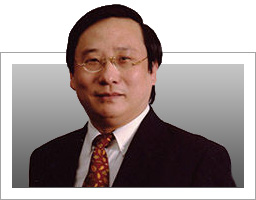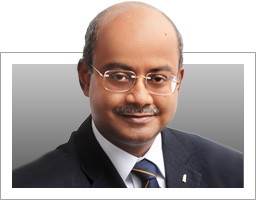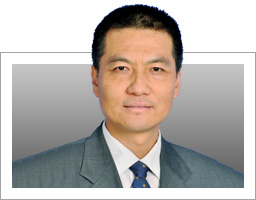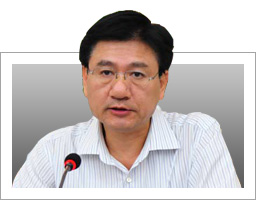People's wisdom and the world are key for China's development
Drawing on people’s wisdom and opening to the world are two important legacies of Deng Xiaoping for China’s reform today, says an article in the Southern Metropolis Daily. Excerpts:
Some foreign reporters were impressed by the same styles and colors of the clothes all Chinese wore before 1978.
Deng Xiaoping always knocks the door of memory for most Chinese, when they recall how their attire changed after 1978.
Friday is the 110th anniversary of Deng’s birth. Deng is the architect of China’s reform. But he seldom regarded China’s development as his feat. He thought the reform and opening-up was born out of the collective wisdom of the Chinese people.
Deng also stressed China should always keep in touch with the world, not blindly believe all foreign countries are barbarian, and China must always be ready to learn from the developed countries.
Respecting people’s wisdom and opening up to the world are Deng’s two most important legacies, which he attributed to his deep love for the nation.The current leaders of China should carry on Deng’s legacy by loving the people. They will certainly know why it is important to respect people’s wisdom and hold a global view to see China, because, as history proves, these two legacies have helped China solve many difficult problems confidently and realize its long-term fast growth.
The improvement of people’s livelihoods and China’s international status win the government and the Communist Party strong support and credibility at home and abroad.
That Xi Jinping called this year “the first year of reform” in an important meeting on reform last week indicates there are many challenges to take for the leaders of China today.
Some of the frictions and tensions are between the people and the vested interests.
As deepening reform has become a consensus of the people and the new leadership of China, Xi and his comrades should carry on with the anti-graft campaigns and reforms in the 60 key fields as they outlined last year.
Reviewing Deng’s legacy can consolidate the new leadership’s determination to deepen China’s reform, and the people’s trust with the government.
In this sense, Deng is a great man.
Learn from Deng's diplomacy
Although seventeen years have elapsed since Deng's passing away in 1997, China is still forging ahead in the overall direction of reform and opening-up to the outside world that Deng charted for China after he became the paramount leader at the end of the 1970s. [more]
Revisiting Deng and the socialist market economy
China has come a very long way since Deng Xiaoping articulated his vision of a reformed and modern China in December 1978. More than 35 years after the historical Third Plenum of the 11th Central Committee of the Communist Party of China in December 1978, "socialist market economy" has become a frequently used phrase in modern economic and development literature. [more]
Scholars explore Deng's impact
Ranging from Deng's life and thought to the history of reform in China, the overseas studies of this former Chinese leader have undeniably shed new light on not only his own political, economic, cultural, military, and, diplomatic thought, but also on his important theories including the “One Country, Two Systems” policy that successfully enabled Hong Kong’s smooth return to the Motherland. [more]
Carry on institutional reform
By directing China's reform and opening-up since 1978 and innovating socialism with Chinese characteristics, the late Chinese leader Deng Xiaoping made a breakthrough in improving the institutional building of modern China, leading the country from the rule of man to the rule of law. [more]









